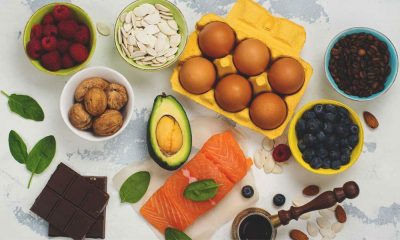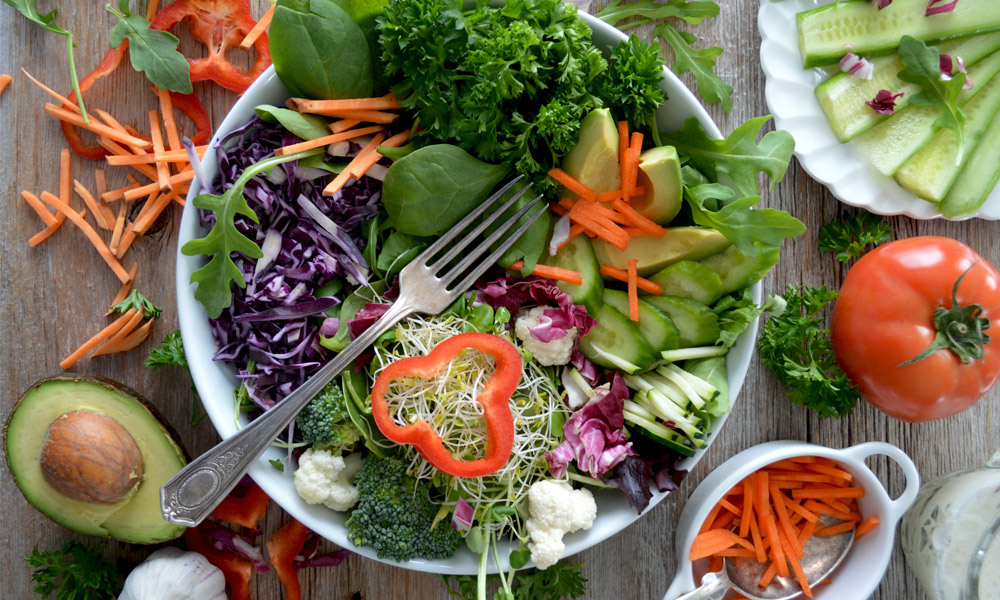
The keto diet is a good way to lose weight and it has several variations that are called therapeutic keto diets. Therapeutic keto diets can help with diabetes Type 2, brain function, Alzheimer’s and Parkinson’s disease, support those undergoing cancer treatment, improve polycystic ovary syndrome and acne skin problems. So it looks pretty attractive at first sight.

However, some people are put off continuing with a keto diet, because of the side-effects that may occur in the first few days of your body adapting to a new regime. So let’s take a look at the possible side-effects you may encounter and the simple ways you can deal with them!
The Side Effects of the Keto Diet

Keto flu
In the initial stages of your switch from giving your liver glucose-sugar from carbs as its energy source, you may develop one or more of these flu-like symptoms. This is because you change from sugar energy to using the ketones that are created in fat to fuel your brain and body.
- Constipation
- Diarrhea
- Difficulty sleeping
- Dizzy spells
- Headaches
- Feeling irritable
- Muscle cramping
- Sore muscles
- Indigestion
- Nausea
- Vomiting
- Lack of concentration
- Craving carbohydrates
- Lack of energy
Although it’s important not to think that everyone gets all of these symptoms, you may experience a few. Of course, some people don’t experience any adverse effects. But the best way to reduce any discomfort is to approach the keto diet in small steps. For example, start with a normal low-carbohydrate diet for a few weeks.
This helps wean your body away from relying on large amounts of carbs and makes it easier for the body to accept the need to burn fat as an energy source. Then when you eventually cut-out most carbs from your diet, your body won’t have a traumatic reaction and develop adverse symptoms.
How to Minimize Side Effects of the Keto Diet Simply
Vitamin and mineral shortages
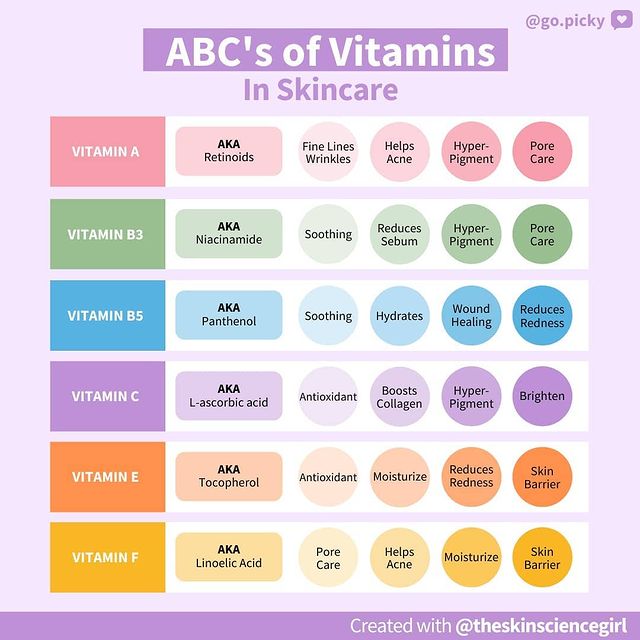
Switching to a keto diet also affects the water balance and minerals in your body, which affects the process of electrolysis in your heart. So you just need to add extra salt to your meals or take specific mineral supplements.
For instance, you can take 300 mg of magnesium a day, along with 1000 mg of potassium to decrease keto diet side-effects. And as the keto diet doesn’t use calorie restrictions, you should eat sufficient food to satisfy your stomach and feel adequately full. The keto diet works without you depriving yourself of calories.
Staying well-hydrated

Another simple way to avoid any unpleasant symptoms when you first start a keto diet is to drink plenty of water. You may feel better drinking more water than you normally do, as ketogenic dieting flushes water out of the bladder and can cause you to be dehydrated.
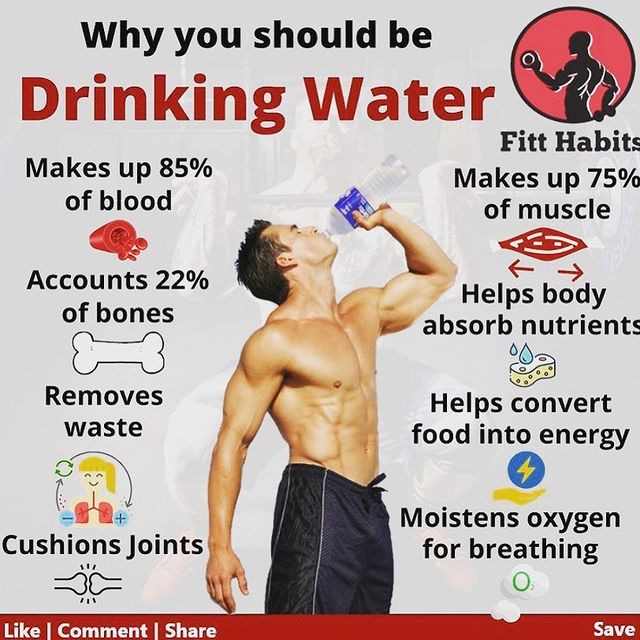
And being well-hydrated is the best way to diminish symptoms like unusual tiredness and cramping muscles. In particular, if you start having diarrhea, the best way to restore bowel balance to the body is to replace the fluid loss that this causes.
Reduce your exercise level short-term
At the beginning of your new keto diet regime, it pays to reduce your exercise level until you get over any flu-like symptoms. The body needs all its resources free to deal with the big change in its fuel type. People report that the first week of a keto diet is when you’re most likely to feel over-tired, indigestion and cramp.
So take things easy as you would with any other body discomfort and it will pass. In particular, if you’re a very active biker, runner or body-builder, you will have to take a break while your body adapts. On the other hand, gentle cycling, walking or yoga will fill that exercise gap for you, and decrease your ‘flu’ symptoms.
Replace electrolytes
It’s very important to replace hormones and electrolytes affected by the keto diet. And the ketogenic diet reduces the levels of insulin, the hormone that allows your body to access glucose-sugar from the blood. This causes the kidneys to excrete more salt from the body. And a certain amount of salt is necessary for healthy electrolyte function, so add more salt to your meals if your taste buds feel they want it.
In addition, make sure you eat foods from the keto diet that contain potassium or take a supplement. Foods on the keto diet that are good sources of potassium are green, leafy vegetables like kale, which also contains natural salts, plus broccoli and avocados. Green vegetables are also an excellent source of magnesium which stops cramps, aids the normal sleep cycle and reduces headaches.
Sleep well on keto diet
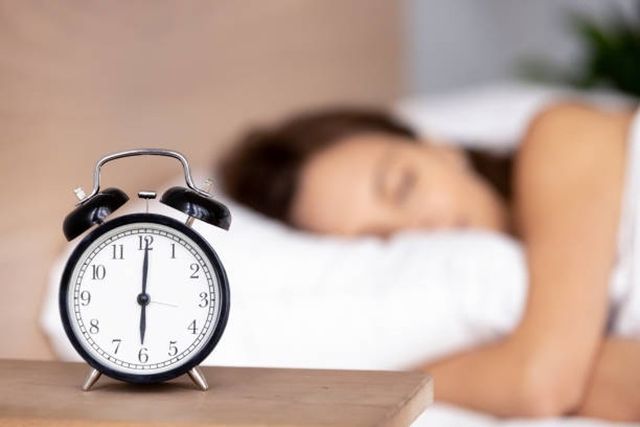
Tiredness and feeling irritable tend to affect lots of people when they begin a keto diet. And if you have trouble sleeping, this creates higher levels of stress-related hormone, cortisol. So to counteract this set of symptoms you can alter your daily habits a little, to get a big reward.
Make sure you don’t drink any coffee, *de-caffeinated coffee, green coffee, peppermint infusion or black tea,which all contain caffeine, in the late afternoon or evenings. Chamomile tea is good for acid stomachs and a pleasant alternative to caffeine-packed hot drinks.
- A relaxing warm bath before bed is a scientifically proved aid to sleep, especially when you add Epsom salts or a few drops of lavender essential oil to the water.
- If you’re having a real problem with insomnia, ensure that your sleeping environment is totally dark. And that means closing down all technology – televisions, computers, mobile phones and tablets.
- Try to go to bed and get up at the same time each day, and avoid sleeping late in the mornings, to regulate your sleep pattern.
- If you suffer from hunger pangs, eat more unsaturated fats and control your cravings for sugar and starch.
- The good news is that not everyone will experience side effects, so don’t worry about starting a keto diet, after you have discussed it with your doctor or dietician.
Consult your doctor
This article is offered as general information on the side effects of a ketogenic diet and is not intended as medical advice. Always consult your doctor or specialist before starting a new diet, as the keto diet is not suitable for everyone and should be avoided by certain population groups altogether.
*Decaffeinated coffee still contains some caffeine, which can affect people who are sensitive to caffeine and histamine.

